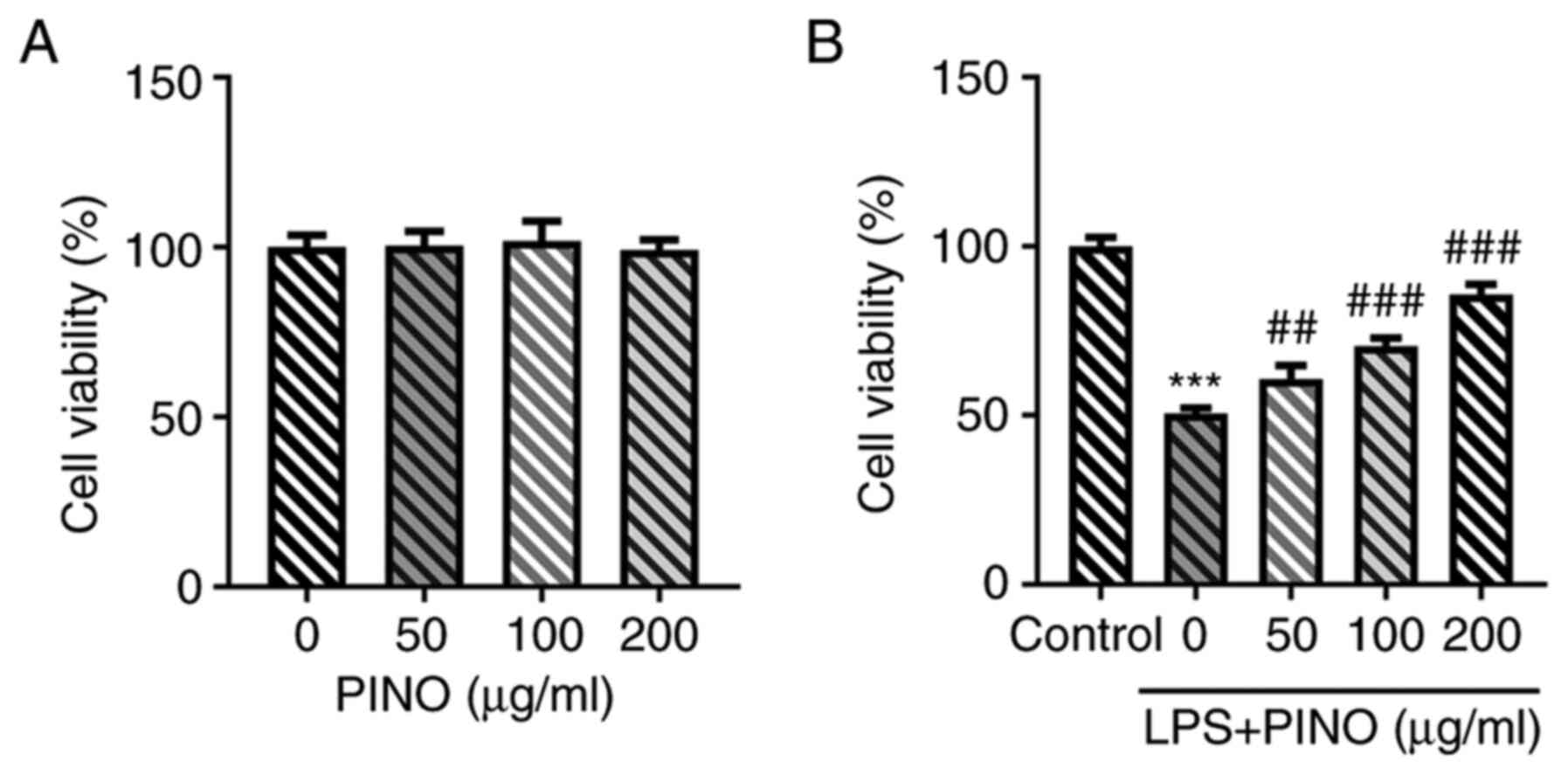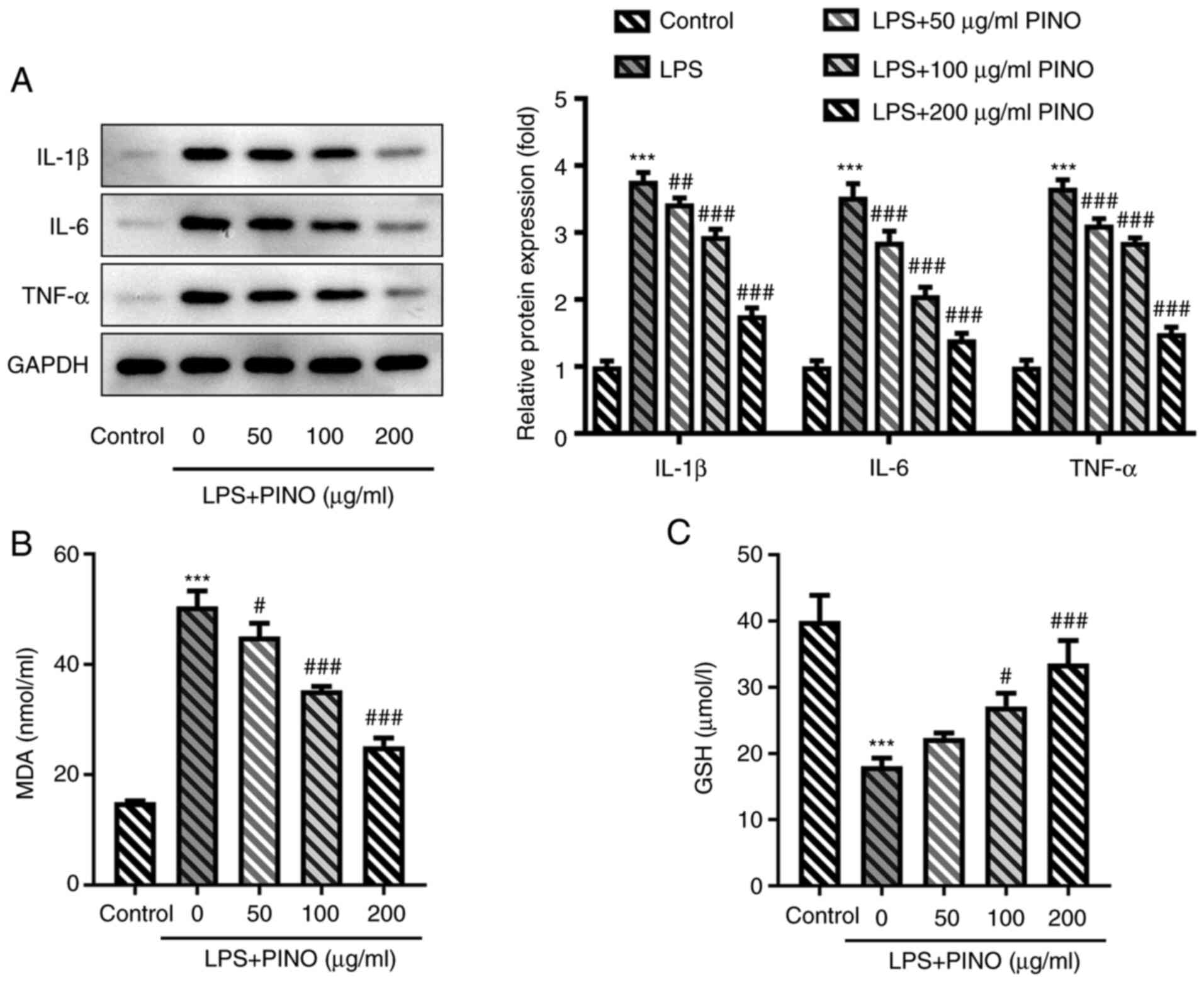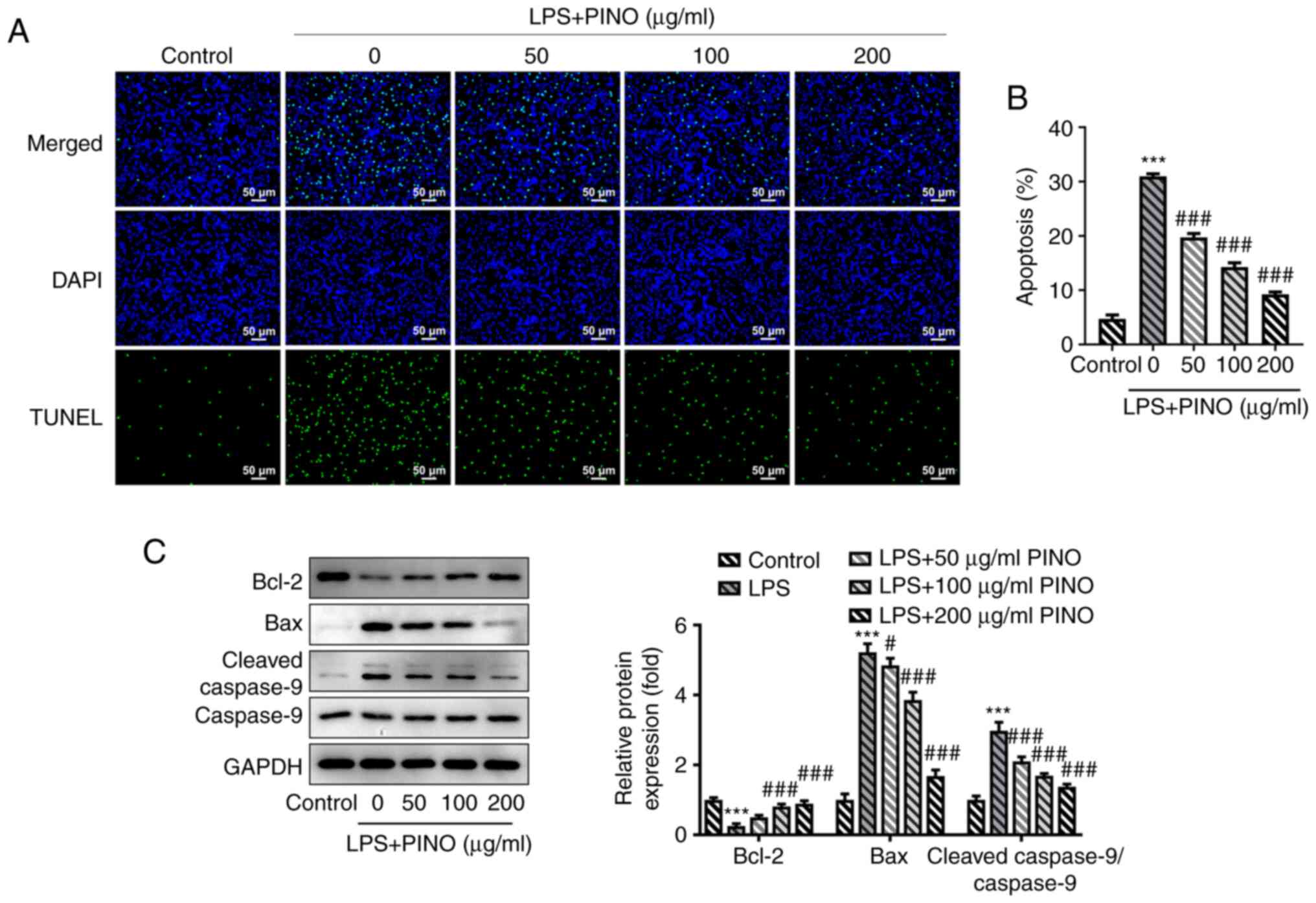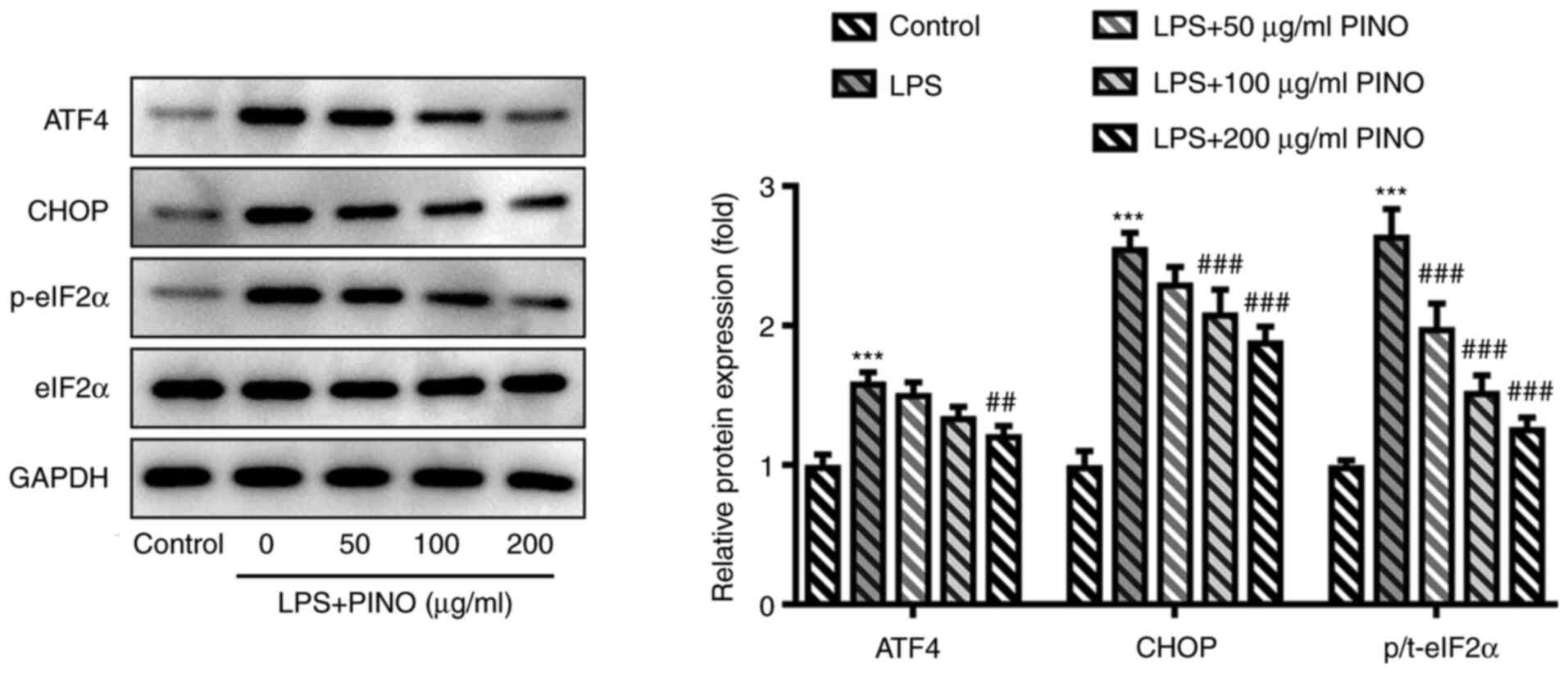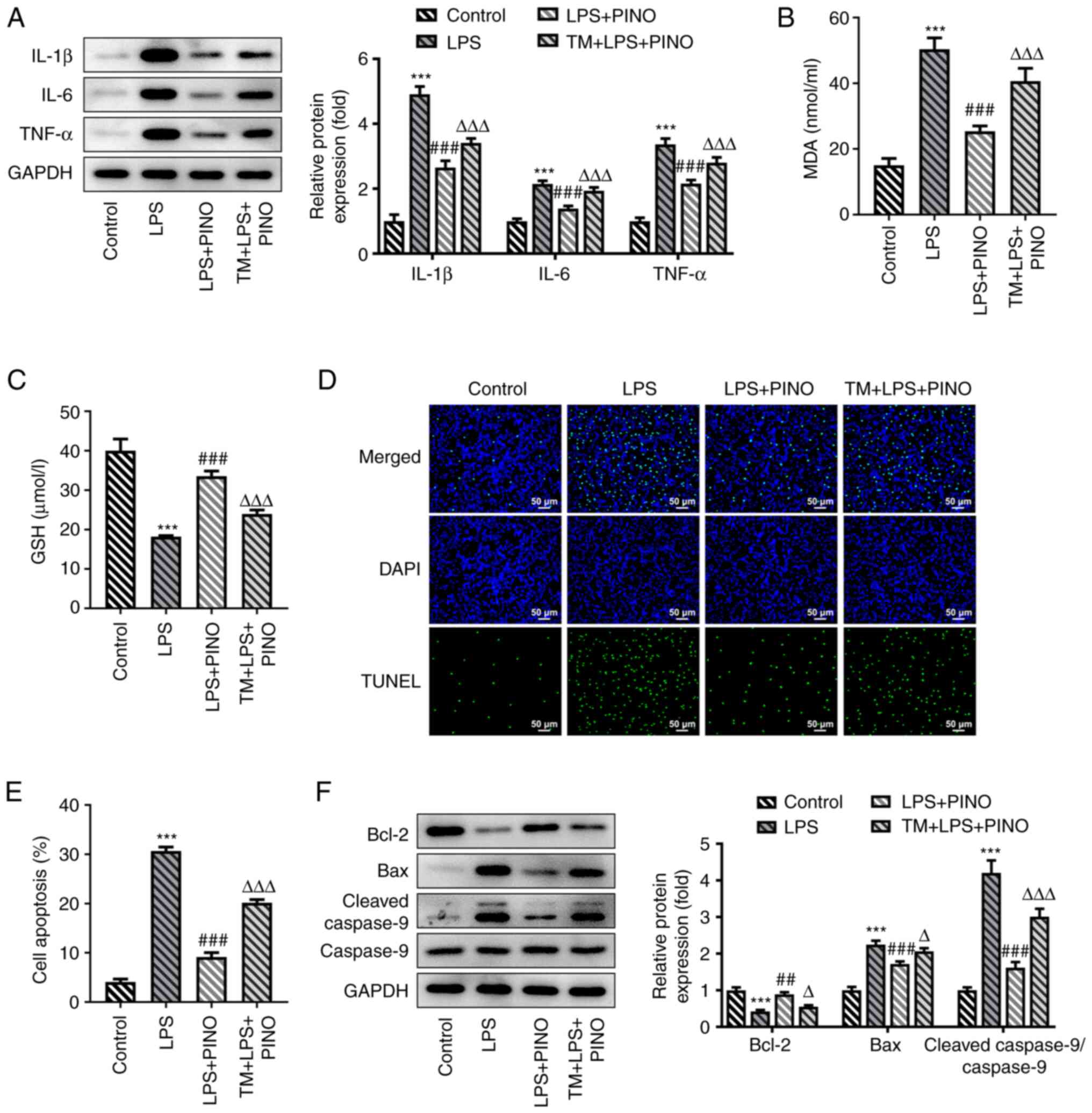|
1
|
Singer M, Deutschman CS, Seymour CW,
Shankar-Hari M, Annane D, Bauer M, Bellomo R, Bernard GR, Chiche
JD, Coopersmith CM, et al: The Third International consensus
definitions for sepsis and septic shock (Sepsis-3). JAMA.
315:801–810. 2016.PubMed/NCBI View Article : Google Scholar
|
|
2
|
Alobaidi R, Basu RK, Goldstein SL and
Bagshaw SM: Sepsis-associated acute kidney injury. Semin Nephrol.
35:2–11. 2015.PubMed/NCBI View Article : Google Scholar
|
|
3
|
Hoste EAJ, Kellum JA, Selby NM, Zarbock A,
Palevsky PM, Bagshaw SM, Goldstein SL, Cerdá J and Chawla LS:
Global epidemiology and outcomes of acute kidney injury. Nat Rev
Nephrol. 14:607–625. 2018.PubMed/NCBI View Article : Google Scholar
|
|
4
|
Cruz MG, Dantas JG, Levi TM, Rocha Mde S,
de Souza SP, Boa-Sorte N, de Moura CG and Cruz CM: Septic versus
non-septic acute kidney injury in critically ill patients:
Characteristics and clinical outcomes. Rev Bras Ter Intensiva.
26:384–391. 2014.PubMed/NCBI View Article : Google Scholar : (In English,
Portuguese).
|
|
5
|
Mehta RL, Bouchard J, Soroko SB, Ikizler
TA, Paganini EP, Chertow GM and Himmelfarb J: Program to Improve
Care in Acute Renal Disease (PICARD) Study Group. Sepsis as a cause
and consequence of acute kidney injury: Program to improve care in
acute renal disease. Intensive Care Med. 37:241–248.
2011.PubMed/NCBI View Article : Google Scholar
|
|
6
|
Cao G, Ying P, Yan B, Xue W, Li K, Shi A,
Sun T, Yan J and Hu X: Pharmacokinetics, safety, and tolerability
of single and multiple-doses of pinocembrin injection administered
intravenously in healthy subjects. J Ethnopharmacol. 168:31–36.
2015.PubMed/NCBI View Article : Google Scholar
|
|
7
|
Danert FC, Zampini C, Ordonez R, Maldonado
L, Bedascarrasbure E and Isla MI: Nutritional and functional
properties of aqueous and hydroalcoholic extracts from Argentinean
propolis. Nat Prod Commun. 9:167–170. 2014.PubMed/NCBI
|
|
8
|
Shen X, Liu Y, Luo X and Yang Z: Advances
in biosynthesis, pharmacology, and pharmacokinetics of pinocembrin,
a promising natural small-molecule drug. Molecules.
24(2323)2019.PubMed/NCBI View Article : Google Scholar
|
|
9
|
Menezes da Silveira CCS, Luz DA, da Silva
CCS, Prediger RDS, Martins MD, Martins MAT, Fontes-Júnior EA and
Maia CSF: Propolis: A useful agent on psychiatric and neurological
disorders? A focus on CAPE and pinocembrin components. Med Res Rev.
41:1195–1215. 2021.PubMed/NCBI View Article : Google Scholar
|
|
10
|
Parrella E, Gussago C, Porrini V, Benarese
M and Pizzi M: From preclinical stroke models to humans:
Polyphenols in the prevention and treatment of stroke. Nutrients.
13(85)2020.PubMed/NCBI View Article : Google Scholar
|
|
11
|
Gan W, Li X, Cui Y, Xiao T, Liu R, Wang M,
Wei Y, Cui M, Ren S, Helian K, et al: Pinocembrin relieves
lipopolysaccharide and bleomycin induced lung inflammation via
inhibiting TLR4-NF-κB-NLRP3 inflammasome signaling pathway. Int
Immunopharmacol. 90(107230)2021.PubMed/NCBI View Article : Google Scholar
|
|
12
|
Cao P, Chen Q, Shi C, Pei M, Wang L and
Gong Z: Pinocembrin ameliorates acute liver failure via activating
the Sirt1/PPARalpha pathway in vitro and in vivo. Eur J Pharmacol.
915(174610)2022.PubMed/NCBI View Article : Google Scholar
|
|
13
|
Yue B, Ren J, Yu Z, Luo X, Ren Y, Zhang J,
Mani S, Wang Z and Dou W: Pinocembrin alleviates ulcerative colitis
in mice via regulating gut microbiota, suppressing TLR4/MD2/NF-κB
pathway and promoting intestinal barrier. Biosci Rep.
40(BSR20200986)2020.PubMed/NCBI View Article : Google Scholar
|
|
14
|
Promsan S, Jaikumkao K, Pongchaidecha A,
Chattipakorn N, Chatsudthipong V, Arjinajarn P, Pompimon W and
Lungkaphin A: Pinocembrin attenuates gentamicin-induced
nephrotoxicity in rats. Can J Physiol Pharmacol. 94:808–818.
2016.PubMed/NCBI View Article : Google Scholar
|
|
15
|
Soromou LW, Jiang L, Wei M, Chen N, Huo M,
Chu X, Zhong W, Wu Q, Baldé A, Deng X and Feng H: Protection of
mice against lipopolysaccharide-induced endotoxic shock by
pinocembrin is correlated with regulation of cytokine secretion. J
Immunotoxicol. 11:56–61. 2014.PubMed/NCBI View Article : Google Scholar
|
|
16
|
Li C, Wan W, Ye T, Sun Y, Chen X, Liu X,
Shi S, Zhang Y, Qu C, Yang B and Zhang C: Pinocembrin alleviates
lipopolysaccharide-induced myocardial injury and cardiac
dysfunction in rats by inhibiting p38/JNK MAPK pathway. Life Sci.
277(119418)2021.PubMed/NCBI View Article : Google Scholar
|
|
17
|
Giri SS, Sen SS, Sukumaran V and Park SC:
Pinocembrin attenuates lipopolysaccharide-induced inflammatory
responses in Labeo rohita macrophages via the suppression of the
NF-κB signalling pathway. Fish Shellfish Immunol. 56:459–466.
2016.PubMed/NCBI View Article : Google Scholar
|
|
18
|
Dellepiane S, Marengo M and Cantaluppi V:
Detrimental cross-talk between sepsis and acute kidney injury: New
pathogenic mechanisms, early biomarkers and targeted therapies.
Crit Care. 20(61)2016.PubMed/NCBI View Article : Google Scholar
|
|
19
|
Doi K, Leelahavanichkul A, Yuen PS and
Star RA: Animal models of sepsis and sepsis-induced kidney injury.
J Clin Invest. 119:2868–2878. 2009.PubMed/NCBI View
Article : Google Scholar
|
|
20
|
Ren Q, Guo F, Tao S, Huang R, Ma L and Fu
P: Flavonoid fisetin alleviates kidney inflammation and apoptosis
via inhibiting Src-mediated NF-κB p65 and MAPK signaling pathways
in septic AKI mice. Biomed Pharmacother. 122(109772)2020.PubMed/NCBI View Article : Google Scholar
|
|
21
|
Huang G, Bao J, Shao X, Zhou W, Wu B, Ni Z
and Wang L: Inhibiting pannexin-1 alleviates sepsis-induced acute
kidney injury via decreasing NLRP3 inflammasome activation and cell
apoptosis. Life Sci. 254(117791)2020.PubMed/NCBI View Article : Google Scholar
|
|
22
|
Gui Y, Yang Y, Xu D, Tao S and Li J:
Schisantherin A attenuates sepsis-induced acute kidney injury by
suppressing inflammation via regulating the NRF2 pathway. Life Sci.
258(118161)2020.PubMed/NCBI View Article : Google Scholar
|
|
23
|
Aydin E, Yildirim Y, Aydin FY, Bahadir MV,
Kaplan I, Kadiroglu B, Ketani MA, Yılmaz Z, Kadiroğlu AK and Yılmaz
ME: Evaluation of the effect of intraperitoneal etanercept
administration on oxidative stress and inflammation indicators in
the kidney and blood of experimental sepsis-induced rats. Rev Soc
Bras Med Trop. 53(e20200016)2020.PubMed/NCBI View Article : Google Scholar
|
|
24
|
Xia S, Lin H, Liu H, Lu Z, Wang H, Fan S
and Li N: Honokiol attenuates sepsis-associated acute kidney injury
via the inhibition of oxidative stress and inflammation.
Inflammation. 42:826–834. 2019.PubMed/NCBI View Article : Google Scholar
|
|
25
|
Zhao H, Liu Z, Shen H, Jin S and Zhang S:
Glycyrrhizic acid pretreatment prevents sepsis-induced acute kidney
injury via suppressing inflammation, apoptosis and oxidative
stress. Eur J Pharmacol. 781:92–99. 2016.PubMed/NCBI View Article : Google Scholar
|
|
26
|
Peerapornratana S, Manrique-Caballero CL,
Gomez H and Kellum JA: Acute kidney injury from sepsis: Current
concepts, epidemiology, pathophysiology, prevention and treatment.
Kidney Int. 96:1083–1099. 2019.PubMed/NCBI View Article : Google Scholar
|
|
27
|
Zhou H, Wang K, Wang M and Zhao W, Zhang
C, Cai M, Qiu Y, Zhang T, Shao R and Zhao W: ER-phagy in the
occurrence and development of cancer. Biomedicines.
10(707)2022.PubMed/NCBI View Article : Google Scholar
|
|
28
|
Chen X, Wang Y, Xie X, Chen H, Zhu Q, Ge
Z, Wei H, Deng J, Xia Z and Lian Q: Heme oxygenase-1 reduces
sepsis-induced endoplasmic reticulum stress and acute lung injury.
Mediators Inflamm. 2018(9413876)2018.
|
|
29
|
Hetz C: The unfolded protein response:
Controlling cell fate decisions under ER stress and beyond. Nat Rev
Mol Cell Biol. 13:89–102. 2012.PubMed/NCBI View
Article : Google Scholar
|
|
30
|
Khan MM, Yang WL and Wang P: Endoplasmic
reticulum stress in sepsis. Shock. 44:294–304. 2015.PubMed/NCBI View Article : Google Scholar
|
|
31
|
Thiessen SE, Van den Berghe G and
Vanhorebeek I: Mitochondrial and endoplasmic reticulum dysfunction
and related defense mechanisms in critical illness-induced multiple
organ failure. Biochim Biophys Acta Mol Basis Dis. 1863(10 Pt
B):2534–2545. 2017.PubMed/NCBI View Article : Google Scholar
|
|
32
|
Jia Y, Li Z, Feng Y, Cui R, Dong Y, Zhang
X, Xiang X, Qu K, Liu C and Zhang J: Methane-Rich saline
ameliorates sepsis-induced acute kidney injury through
anti-inflammation, antioxidative, and antiapoptosis effects by
regulating endoplasmic reticulum stress. Oxid Med Cell Longev.
2018(4756846)2018.PubMed/NCBI View Article : Google Scholar
|
|
33
|
Wang N, Mao L, Yang L, Zou J, Liu K, Liu
M, Zhang H, Xiao X and Wang K: Resveratrol protects against early
polymicrobial sepsis-induced acute kidney injury through inhibiting
endoplasmic reticulum stress-activated NF-κB pathway. Oncotarget.
8:36449–36461. 2017.PubMed/NCBI View Article : Google Scholar
|
|
34
|
Wu CX, Liu R, Gao M, Zhao G, Wu S, Wu CF
and Du GH: Pinocembrin protects brain against ischemia/reperfusion
injury by attenuating endoplasmic reticulum stress induced
apoptosis. Neurosci Lett. 546:57–62. 2013.PubMed/NCBI View Article : Google Scholar
|















